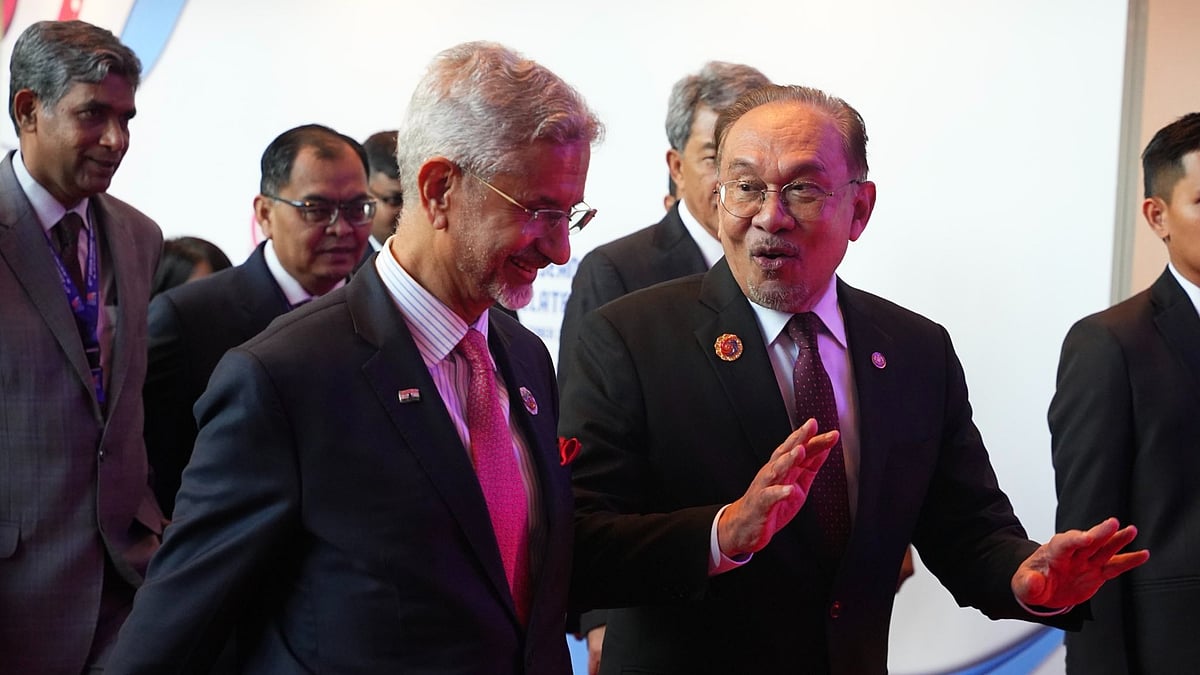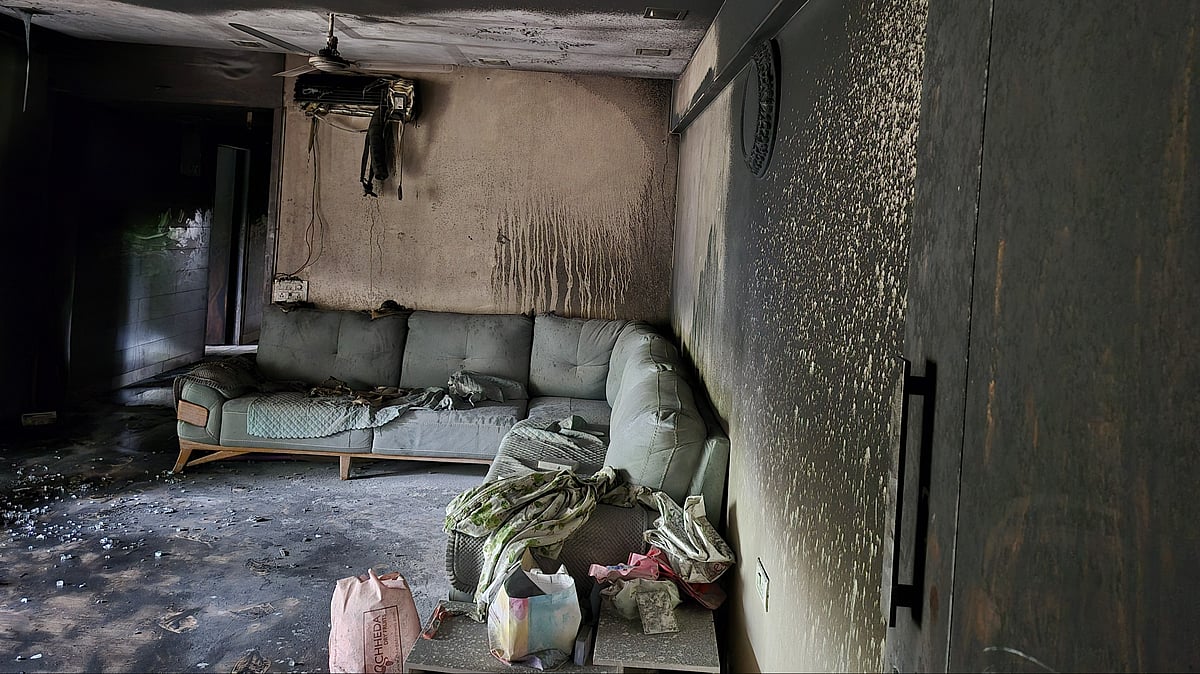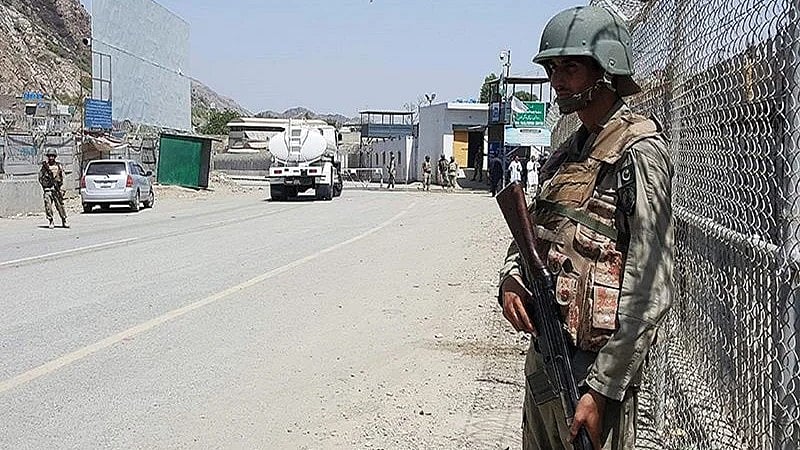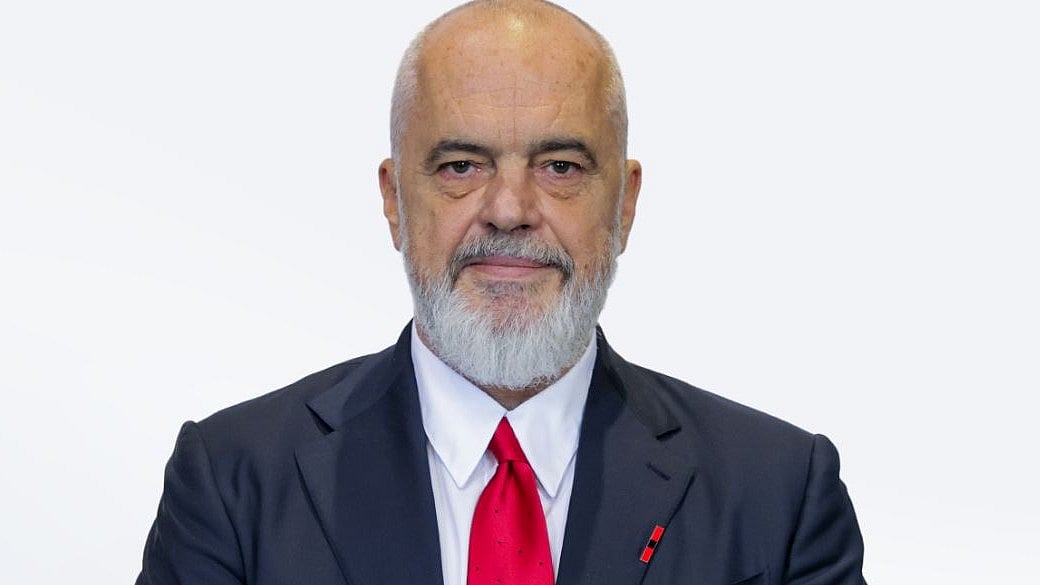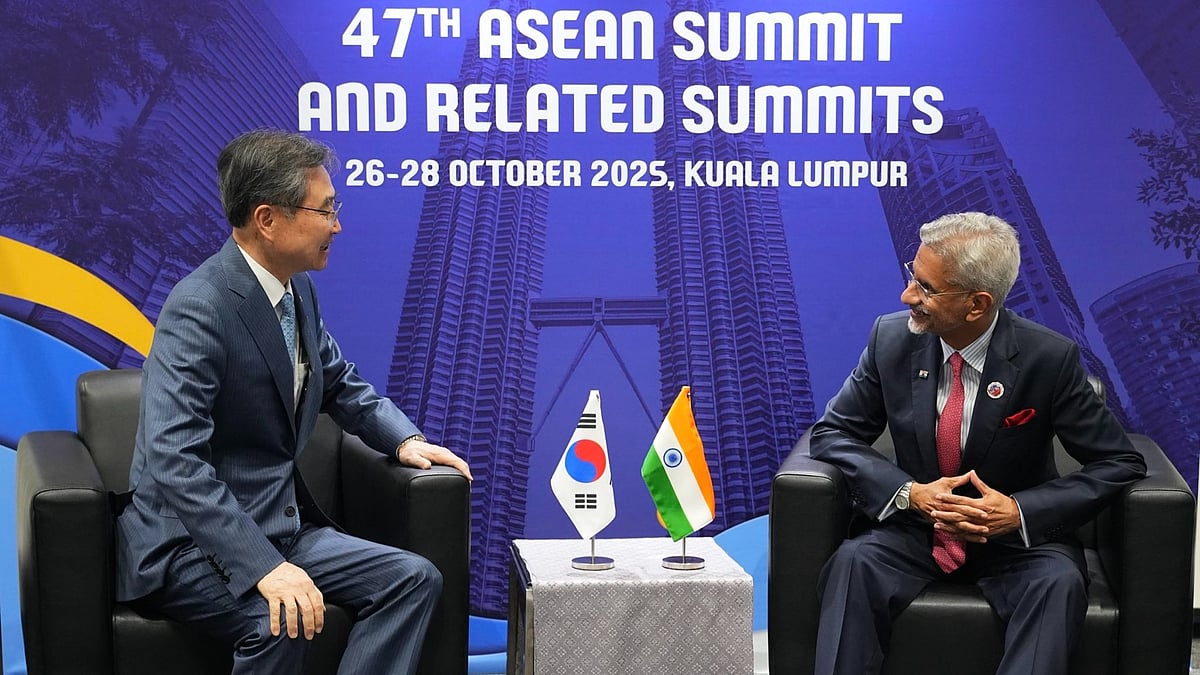Wikileaks founder Julian Assange’s extradition to the US has been approved by UK Home Secretary Priti Patel. Assange has 14 days to appeal the decision, the British Home Office has said.
It said the courts found that extradition would not be "incompatible with his human rights" and that while in the US "he will be treated appropriately".
Why does the US want Assange extradited?
In 2019, US prosecutors unsealed conspiracy charges against WikiLeaks founder Julian Assange, alleging he worked with former Army intelligence analyst-turned whistleblower Chelsea Manning to hack a government computer and carry out one of the largest leaks of U.S. classified information in history.
The U.S. indictment against Assange stems from WikiLeaks’ publication in 2010 and 2011 of hundreds of thousands of U.S. military reports about the wars in Afghanistan and Iraq, as well as American diplomatic communications.
The indictment includes one count of conspiracy to hack a computer to disclose classified information that “could be used to injure” the U.S. According to the indictment, Assange “conspired” with Manning by helping her crack a Defense Department computer password in March 2010 that provided access to a U.S. government network that stored classified information and communications.
The Department of Justice announcement came just hours after Ecuador’s government revoked Assange’s political asylum. British police then forcibly removed the Australian computer hacker from the Ecuadorian Embassy in London, where Assange fled in 2012 after Swedish law enforcement pursued him for allegedly raping female WikiLeaks volunteers.
Charged under 1917 Espionage Act
Assange was indicted on 17 new charges relating to the Espionage Act of 1917 in the United States District Court for the Eastern District of Virginia.
The Espionage Act charges carry a maximum sentence of 170 years in prison.
The Obama administration had debated charging Assange under the Espionage Act but decided against it out of fear that it would have a negative effect on investigative journalism and could be unconstitutional.
The new charges relate to obtaining and publishing the secret documents. Most of these charges relate to obtaining the secret documents.
The three charges related to publication concern documents which revealed the names of sources in dangerous places putting them "at a grave and imminent risk" of harm or detention.
The New York Times commented that it and other news organisations obtained the same documents as WikiLeaks, also without government authorisation. It also said it is not clear how WikiLeaks' publications are legally different from other publications of classified information.
"Assange is no journalist"
Most cases brought under the Espionage Act have been against government employees who accessed sensitive information and leaked it to journalists and others. Prosecuting people for acts related to receiving and publishing information has not previously been tested in court.
In 1975, the Justice Department decided after consideration not to charge journalist Seymour Hersh for reporting on US surveillance of the Soviet Union.
Two lobbyists for a pro-Israel group were charged in 2005 with receiving and sharing classified information about American policy toward Iran. The charges however did not relate to the publication of the documents and the case was dropped by the Justice Department in 2009 prior to judgement.
Assistant Attorney General John Demers said "Julian Assange is no journalist".
The US allegation that Assange's publication of these secrets was illegal was deemed controversial by Australia's Seven News as well as CNN.
The Cato Institute also questioned the US government's position which attempts to position Assange as not a journalist.
The Associated Press said Assange's indictment presented media freedom issues, as Assange's solicitation and publication of classified information is something journalists routinely do.


